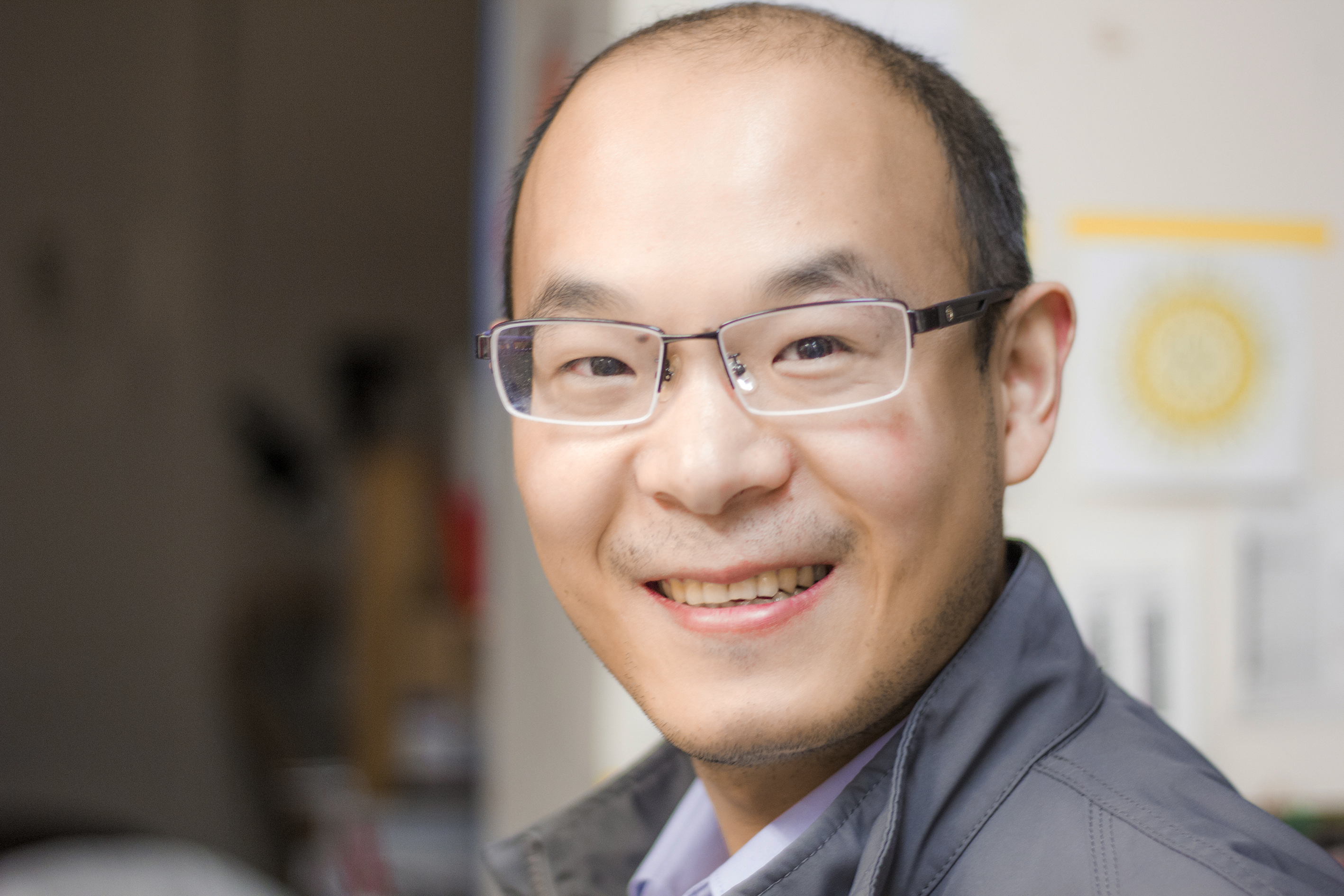Ji Sun

BS, University of Science and Technology, China
PhD, University of Washington, Seattle
Research Description:
In the human heart, about 10 distinct potassium channels are involved in shaping the cardiac action potential. The slow delayed-rectifier potassium current (IKs) vitally contributes to the proper repolarization, the molecular correlate of which was identified as an ion channel complex, formed by two integral membrane proteins, KCNQ1 and KCNE1. KCNQ1 is the pore-forming subunit of the IKs channel complex. It belongs to the voltage-gated potassium channel superfamily. Expression of KCNQ1 alone generates a rapidly activating and inactivating delayed-rectifier potassium current, whose properties, however, do not match with those of the cardiac IKs. Instead it has to co-assemble with the ancillary subunit, KCNE1, to produce the slow delayed-rectifier current of the cardiac action potential. KCNE1 is a small single-transmembrane protein that profoundly modifies the biophysical properties of KCNQ1 by slowing activation and deactivation kinetics, by shifting the voltage-dependence of channel open probability, and by increasing the single channel conductance. Despite of the intensive studies on IKs in the past decade, yet how KCNE1 interacts with KCNQ1 to change its channel properties remains largely unknown. More importantly, the molecular determinants for drug manipulation of the KCNQ1/KCNE1 channel complex are also unveiled. In the MacKinnon lab, my research will focus on systematic structure-based investigations on KCNQ1/KCNE1 by achieving three immediate goals: (1) To characterize the function of KCNQ1/KCNE1 in vitro. (2) To determine the structure of KCNQ1 and KCNQ1/KCNE1 complex. (3) To analyze the interactions between KCNQ1/KCNE1 and drugs. The results of my research will not only help to understand the nature of IKs, and therefore, provide a platform for structure-based drug discovery, but also serve as a general paradigm for studies on channel modulation by membrane-spanning accessory subunits.
